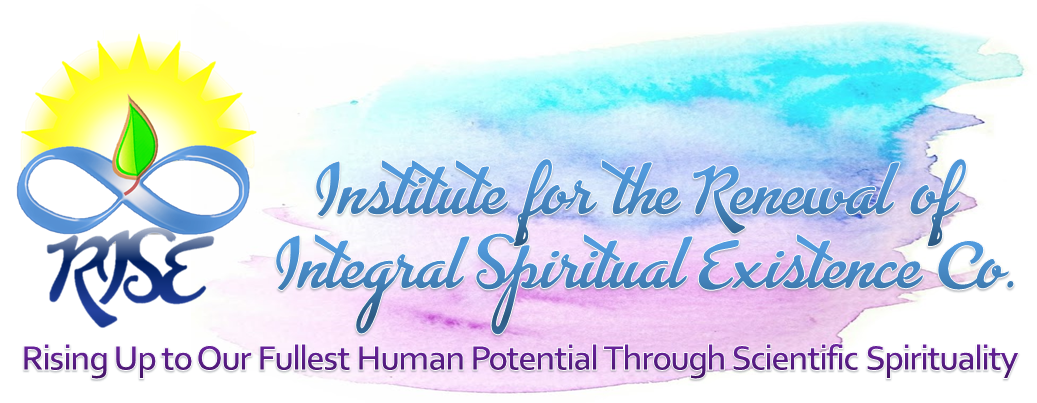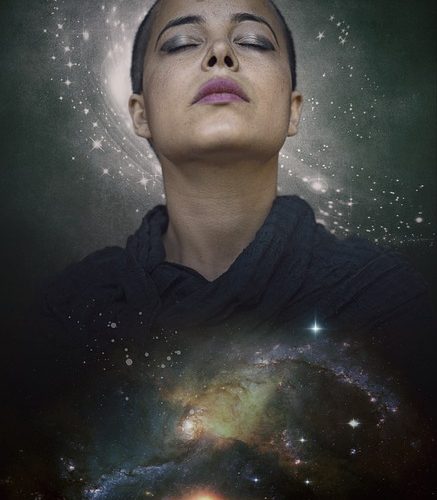The article from Psyche delves into the philosophical exploration of consciousness, emphasizing the need to understand it beyond mere neurological processes. It discusses various philosophical perspectives, including dualism and materialism, and how these frameworks shape our understanding of consciousness. The piece highlights the complexities of defining consciousness and the implications for fields such as ethics, artificial intelligence, and personal identity. By examining different viewpoints, the article encourages readers to reflect on their beliefs about consciousness and its role in shaping human experience, ultimately advocating for a more nuanced understanding that incorporates scientific and philosophical insights.
Editor’s Note: Recognizing the role of consciousness in shaping our realities, especially in light of discoveries in consciousness studies and quantum physics, can fundamentally transform our societies and scientific paradigms.
These fields suggest that consciousness is not merely a byproduct of brain activity but a dynamic force interacting with the universe, influencing outcomes in ways we are only beginning to understand. This perspective challenges the reductionist views that dominate contemporary science and opens the door to a more integrated approach, where subjective experiences are valued alongside empirical data. Embracing this holistic view could lead to societal shifts prioritizing mental well-being, creativity, and interconnectedness, fostering environments where individuals thrive.
As we stand on the brink of these revelations, it is imperative to advocate for a scientific framework that honors the profound relationship between consciousness and reality. We urge researchers and policymakers to collaborate in shaping a future where science and spirituality coexist harmoniously, ultimately enriching human experience and understanding.
Read Original Article
Read Online
Click the button below if you wish to read the article on the website where it was originally published.
Read Offline
Click the button below if you wish to read the article offline





